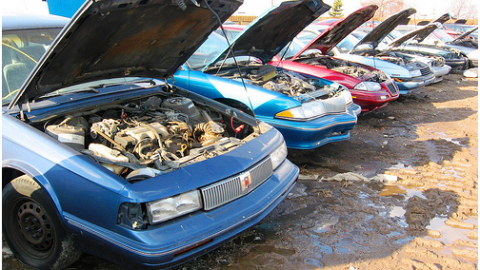The ever-increasing as gas prices have caused alarm and frustration throughout the last ten years. While the global community certainly shares America’s pain where the energy crisis is concerned, one has to wonder what causes the great disparity in gasoline prices in different countries. But even in different U.S. states and cities, the total at the gas pumps varies greatly. What gives? A run through five cities with crippling gas prices will break it down for you.
The second cost is that of refining the oil into gasoline, and the third is the cost of distribution and marketing. The former is a mix of heavy industry and high-tech with all the attendant costs, while the latter is a requirement for every business. These costs influence the formula that eventually results in the point-of-sale price that consumers will pay.
The fourth and fifth price components are the least straightforward and most misunderstood. Anti-corporate activists and consumer watchdog groups often blame individual gas station owners for the retail markup even though they only add a few pennies to each gallon. In fact, gas stations end up with a very small profit margin unlike the big dogs in the oil industry.
The biggest culprit is actually taxes which accounts for the high price of gas as well as the price differences between states. Not only is there a federal excise tax per gallon, but the states add their own, as well as sales and gross receipts taxes, oil inspection and storage tank fees, and even various environmental fees. Since taxes in Europe are generally even higher than U.S. taxes it does not come as a surprise that you have to pay at least twice as much for gas there.









